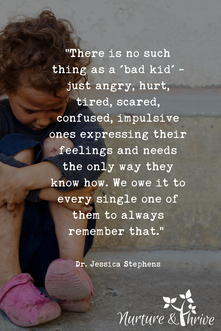Welcome to WILDtoCHILD, a blog designed to give you tips and advice to help you survive this rollercoaster we call parenting! I love sharing my stories and experiences so decided to share my passion and thoughts with all of you in hopes of helping you build strong relationships while reassuring you that you aren't on this rollercoaster alone.
Read on and enjoy!
|
|


